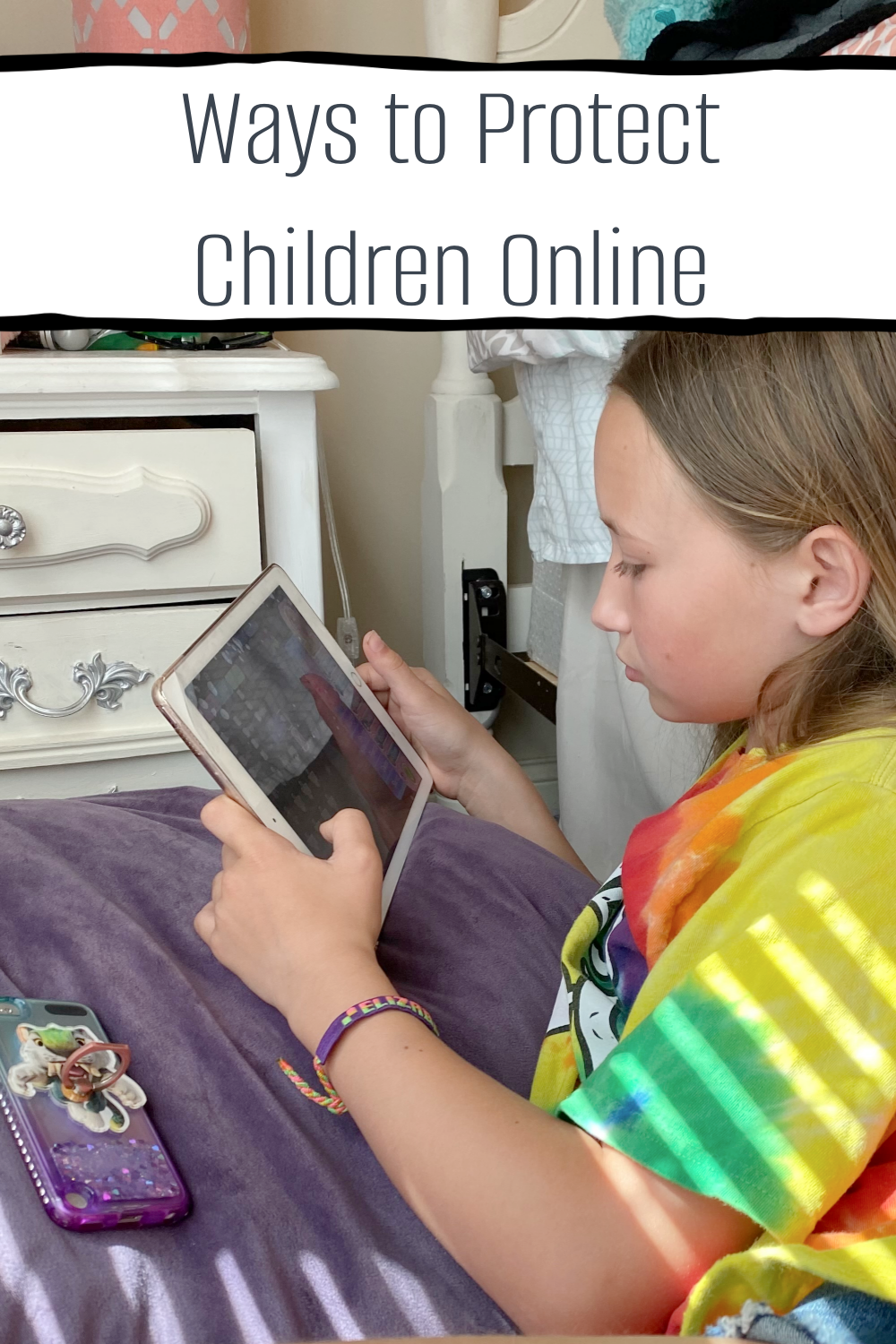However, a fundamental yet often overlooked component of positive parenting is mental health awareness. When parents recognize and address their own mental well-being, they can offer a more supportive, balanced environment for their children.
This article explores how mental health awareness contributes to effective parenting and provides guidance for parents who wish to embrace this approach in a balanced way.
Building Emotional Stability in Parenting
Without mental health awareness, parental stress, anxiety, or other emotional challenges can unintentionally affect a child's development, potentially leading to issues such as low self-esteem, behavioral challenges, and difficulties with emotional regulation.
Understanding this, some parents turn to combined masters and PsyD programs to enhance their understanding of mental health. These programs offer insights into psychology and clinical skills, allowing parents to deepen their awareness of mental well-being and learn techniques to better support their children.
With a greater understanding of both the science and practice of mental health, parents can foster emotional stability, creating a secure environment that nurtures children's confidence, empathy, and self-worth. For those pursuing positive parenting, understanding mental health's effects can empower them to navigate challenges with a level-headed, compassionate approach.
Recognizing the Importance of Self-Care
Practicing self-care can be as simple as setting aside time for relaxing activities or engaging in hobbies, exercise, and social interactions. For parents, adopting self-care practices signals to their children that well-being is essential.
This modeling can have a profound impact, helping children grow up with a balanced view of self-care and health. Through self-care, parents create a positive atmosphere where they are better able to be fully present and attentive to their children's emotional needs.
Effective Communication and Mental Health Awareness
They can identify when their stress levels might interfere with their responses and take steps to address these feelings before engaging with their children. Such self-awareness is critical, as it helps avoid unintended miscommunications or negative interactions that could affect children's sense of security.
Parents who prioritize mental health are also more likely to teach effective communication skills to their children. By showing children how to express emotions, set boundaries, and discuss their feelings without fear, parents lay the groundwork for strong social skills. These lessons help children learn healthy ways to manage emotions, empathize with others, and communicate effectively throughout their lives.
Creating a Safe, Supportive Environment
In homes where mental health is openly acknowledged, children develop a sense of emotional safety. This environment reduces feelings of isolation or confusion, as children are encouraged to share their thoughts and experiences openly.
Moreover, an environment that acknowledges mental health helps children feel accepted and valued, reinforcing their self-esteem. A positive, supportive atmosphere that promotes mental well-being equips children with the resilience and confidence they need to navigate the world.
Encouraging Emotional Expression in Children
Rather than discouraging feelings of sadness, frustration, or fear, parents who are mentally aware can teach their children to navigate these emotions with understanding and acceptance.
Children who are encouraged to express their emotions openly are more likely to develop strong emotional intelligence. They learn that emotions are a natural part of life, helping them become resilient and emotionally adaptable. Furthermore, when children feel safe to express their emotions, they are better equipped to build strong, supportive relationships with others.
Fostering Long-Term Mental Health Awareness
Children who grow up in homes where mental health is valued and openly discussed often carry these values into adulthood. They are more likely to maintain a balanced view of mental health and recognize when they need support. Ultimately, fostering mental health awareness through parenting prepares children for a future where they can lead fulfilling lives with a strong sense of emotional and psychological well-being.
All in all, incorporating mental health awareness into parenting practices is essential for fostering a positive, supportive environment for children. Parents who prioritize mental well-being not only benefit personally but also provide a nurturing atmosphere that promotes their children's emotional and social growth.
By focusing on mental health awareness, parents can navigate the challenges of parenting with resilience and empathy, setting a strong foundation for their children's development and lifelong well- being. In this way, positive parenting, combined with mental health awareness, contributes to a healthier and more connected family dynamic.








No comments
Thank you for dropping by! I would love to hear what you thought. :)
Thanks!
♥,
Diana